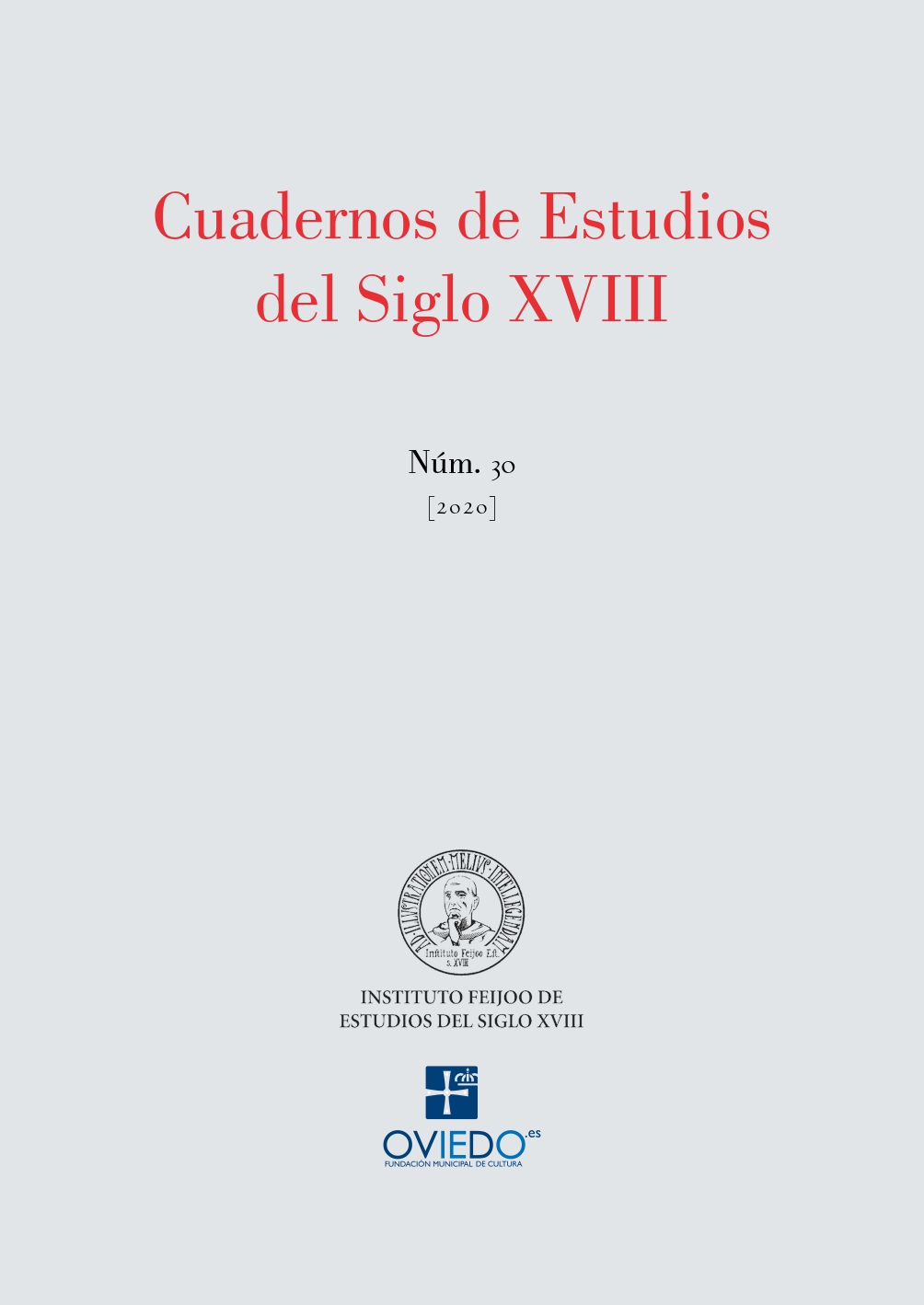Abstract
Félix Ibáñez, doctor of the town of Pastrana, was part of doctors who, in Spain in the second half of the 18th century, had a medical background from clear scientific postulates. Thanks to it, developed a research and observation capacity that is reflected in a medical literature that empirically addressed the epidemiological problem. Félix Ibáñez wrote a "Hippocratic Topography" (1795), in which he researches epidemic "Tercianas" that affected thousands of people in Alcarria (Spain) from 1784 till 1791. His work explains a deep knowledge about all the modern researches about contagious illnesses, and the most innovative treatments. The purpose of this paper is to analyze the singular doctor, Félix Ibáñez, his training, the context in which his work is brewed, the development of the epidemic itself and finally the impact of his knowledge and medical practice.
This work is licensed under a Creative Commons Attribution-NonCommercial-NoDerivatives 4.0 International License.
Copyright (c) 2020 Cuadernos de Estudios del Siglo XVIII
Downloads
Download data is not yet available.

